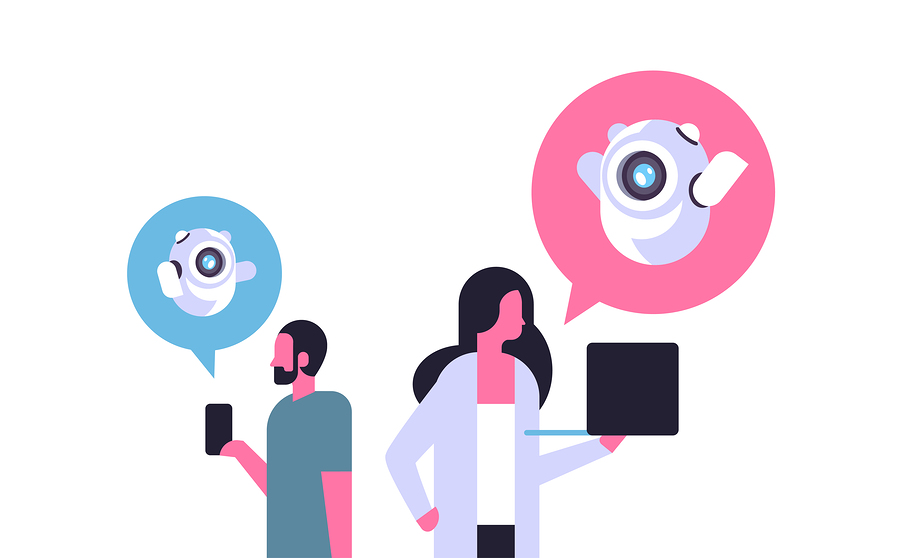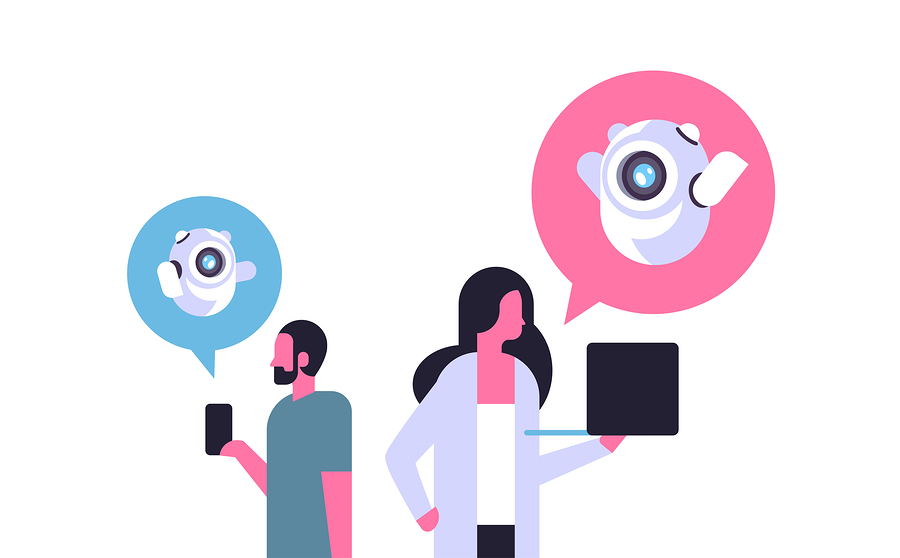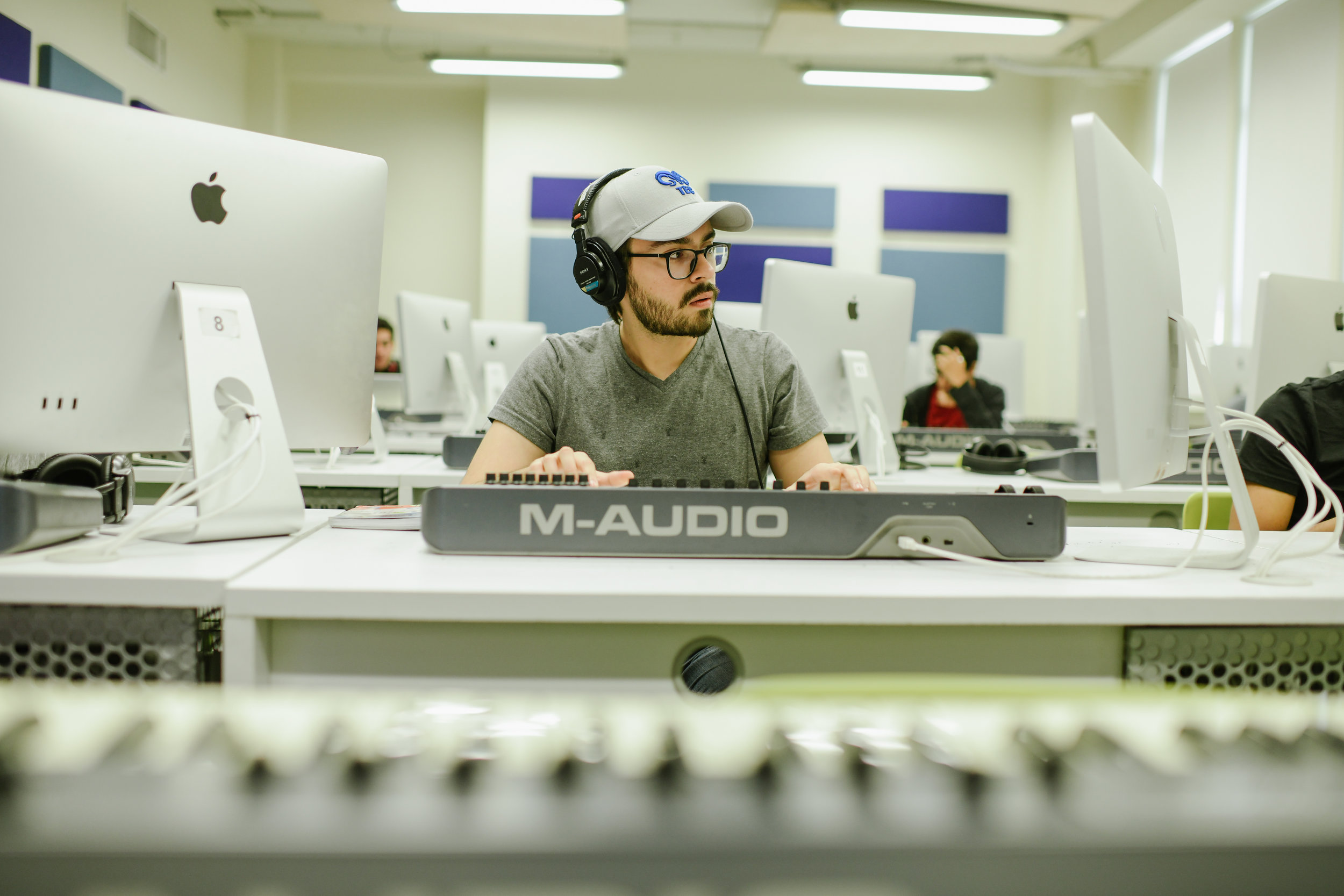Two Professional Certificate Programs to develop chatbots and create artificial intelligence applications.
Image: Bigstock
IBM arrives at the edX platform with two Artificial Intelligence (AI) courses specialized in Chatbots and Deep Learning; educational programs to develop skills whose demand is constantly growing.
The technology solutions developer, IBM, continues its drive on cognitive computing and is committed to online platforms to propagate their study. Companies demand specialists in emerging technologies; however, there are still few universities specialized in these fields of study. These new alternative credentials aim to fill those gaps.
data-animation-override>
“Accelerating pace of technology especially in the areas of AI, Machine Learning, Deep Learning and Blockchain is proving particularly challenging for traditional education institutions. As a result, we see more students and industry professionals turning to online learning platforms like edX.org. We are delighted to partner with edX to offer IBM courses, hands-on labs and Professional Certificate programs to the edX community to develop and practice skills in these fast-moving technologies.”
Building Chatbots Powered by AI certificate program encompasses three courses aimed at creating chatbots that work with IA Watson (technology developed by IBM); capable of offering customer service, doing translations, working on Facebook or working as a search engine, among other applications.
The certificate in Deep Learning consists of five courses. It covers various types of neural networks for supervised learning and unsupervised learning; delves into the creation of models and algorithms in libraries such as Keras, PyTorch, and Tensorflow; instills the processing of images and video, as well as the recognition of objects in computer vision.
This article from Observatory of the Institute for the Future of Education may be shared under the terms of the license CC BY-NC-SA 4.0 
)
)











)
Driveth Razo
Driveth Razo
Driveth Razo